California’s Short-Lived Climate Pollutant Reduction Strategy
Landfilled food and other organic waste rotting in landfills emits methane climate pollution contributing to California’s hotter summers, more frequent droughts, and more wildfires.
3 MILLION CARS
worth of climate pollution
will be cut
by reaching SB 1383’s
recycling and food rescue targets
Program News...
- California’s 1383 Implementation Progress
- New Recycling Services and Edible Food Collection Complaints Portal
- New Reporting Webinars Available
- New Resources for Transfer/Processing Facilities
- Recordkeeping Requirements and Tools Available Now
- Article 2: Determination of Technologies that Constitute a Reduction in Landfill Disposal Available Now
- New Elected Officials Web Page Available Now
- Department Issued Waivers and Exemptions Page Available Now
- Optional Recycled-Content and Recyclable Paper Certification Form
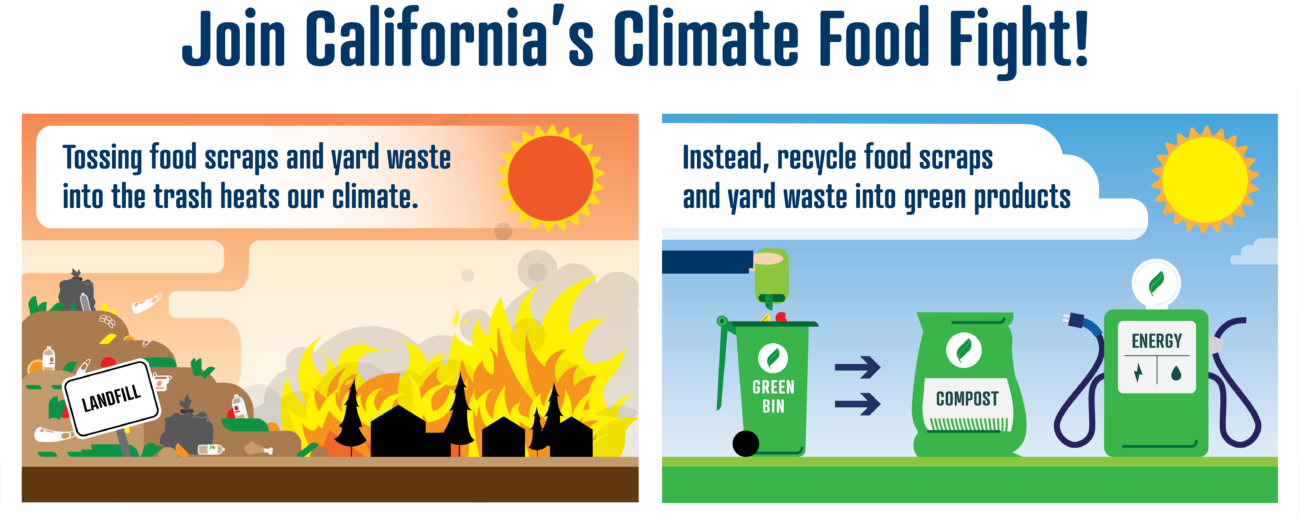
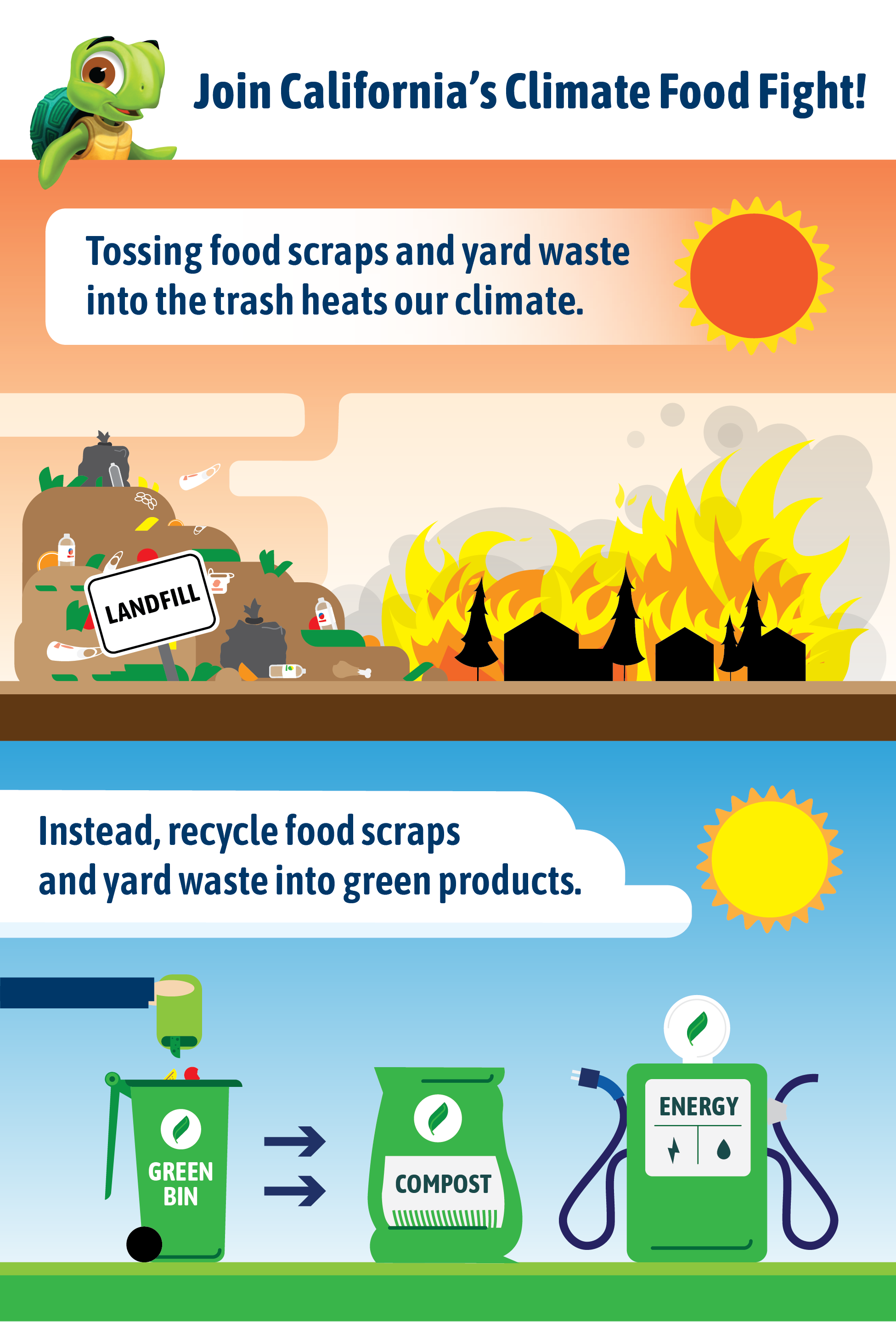
Fight Climate Change by Recycling Organic Waste
To reduce methane pollution and other short-lived climate pollutants, California passed SB 1383 (Lara, 2016).
The law set targets for 2025:
- 75% less organic waste sent to landfills.
- 20% of unsold, still-edible food sent to food recovery organizations.
Landfills Are Third Largest Source of Methane in California
Organic waste in landfills emits:
- 20% of the state’s methane, a climate super pollutant that heats 84 times more than carbon dioxide.
- Air pollutants like PM 2.5, which contributes to health conditions like asthma.
Organics like food scraps, yard trimmings, paper, and cardboard make up half of what Californians dump in landfills.
Cutting short-lived climate pollutants can have the fastest impact on the climate.
SB 1383 Regulations
The Office of Administrative Law approved SB 1383 regulations.
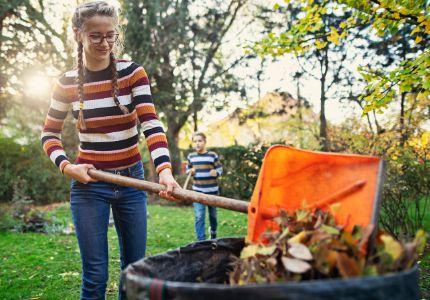
Collection and Recycling
All jurisdictions need to:
- Provide organic waste collection services to all residents and businesses
- Recycle organic waste with activities like composting and anaerobic digestion to create clean energy
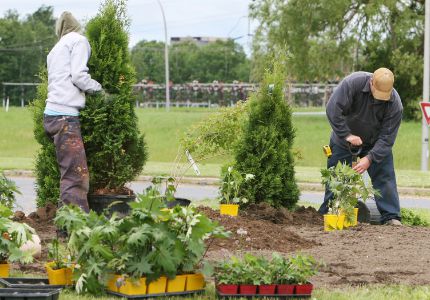
Procurement Requirements: Using Recycled Organics Products
As California collects and recycles organic materials, local governments must use the products made from this recycled organic material, such as renewable energy, compost, and mulch.
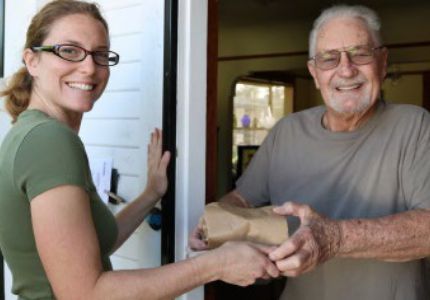
Food Recovery
Some food service businesses must donate unsold food to food recovery organizations to help some of the 1 in 5 Californians without enough to eat.
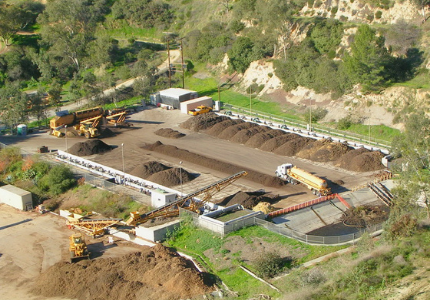
Capacity Planning
Counties must take the lead to plan for needed organic waste recycling and food recovery capacity.
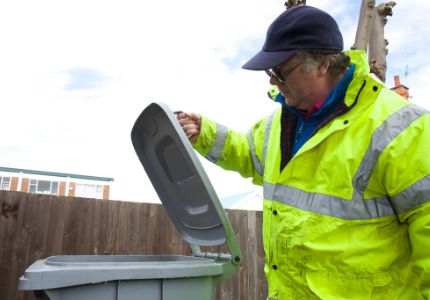
Enforcement
Enforcement provisions support jurisdictions, non-local entities, local education districts, state, federal facilities, and CalRecycle climate and waste reduction work.

Recordkeeping Requirements
Regulated entities must maintain records used for compliance inspections required by local and state agencies.
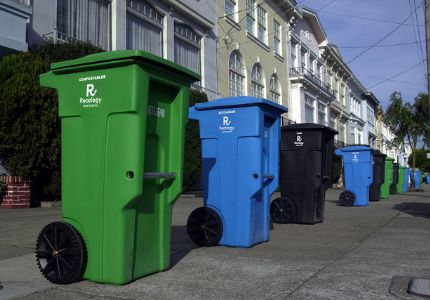
Department Issued Waivers and Exemptions
CalRecycle may issue waivers and exemptions to qualifying jurisdictions, local education agencies, and non-local entities for some collection requirements.

Reporting
Jurisdictions are to report on program implementation. CalRecycle has developed Model Reporting Tools that jurisdictions can use to assist in meeting reporting requirements.

Complaints
The public can file complaints for lack of recycling services, improper labeling of bins, and other solid waste concerns.
Resources for Implementation

Jurisdictions
Requirements for city, county and special districts with solid waste collection.
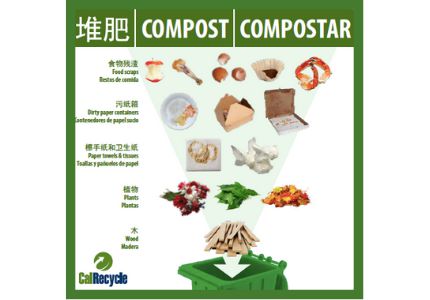
Education and Outreach
CalRecycle offers resources to assist with education and outreach to jurisdictions, residents, and businesses.
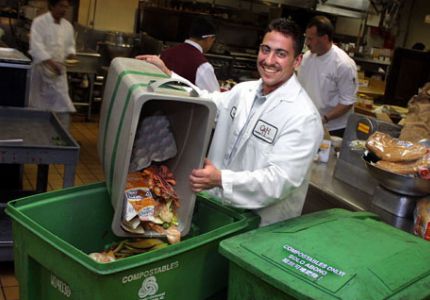
Food Donors
Californians throw away 5-6 million tons of food waste every year. SB 1383 requires that businesses donate surplus food instead of throwing it out.
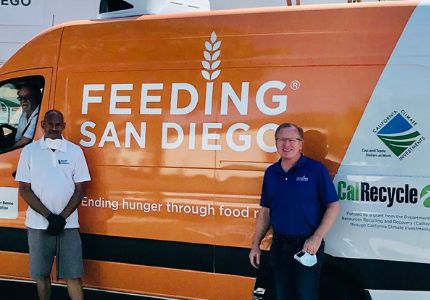
Food Recovery Organizations
SB 1383 links food service businesses with food recovery organizations to get donated food to Californians in need.
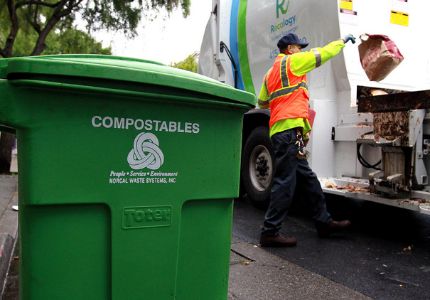
Waste Haulers
Each jurisdiction implements organics recycling and other solid waste programs with state minimum standards with local hauler requirements.
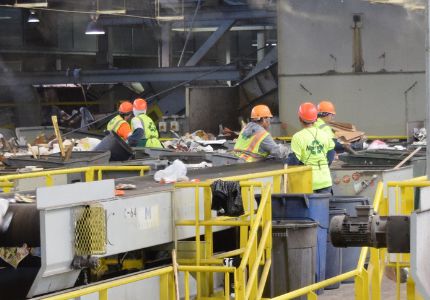
Transfer and Processing Facilities and Landfills
Requirements for transfer/processing facilities, landfill operations, and solid waste facility permitting with changes Titles 14 and 27.
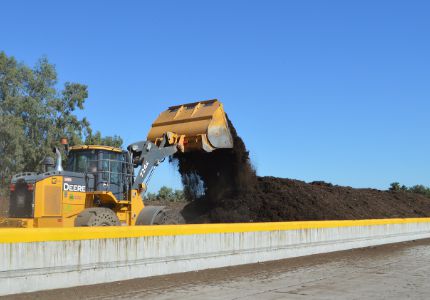
Organics Recycling Facilities
Organic waste facilities and operations must measure and report organic waste activity, including composting and anaerobic digestion.

Local Enforcement Agencies
Local enforcement agencies (LEAs) have the primary responsibility to enforce State solid waste facility regulations designed to protect public health and safety and the environment.
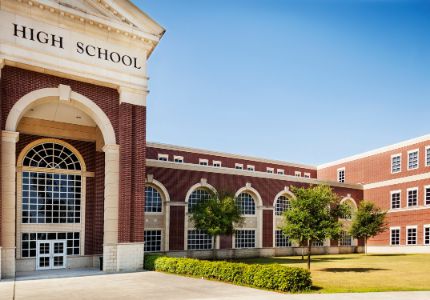
Local Education Agencies
SB 1383 regulations direct entities not subject to oversight by a jurisdiction to implement new organics recycling infrastructure, including, school districts, chapters, and county office of education.
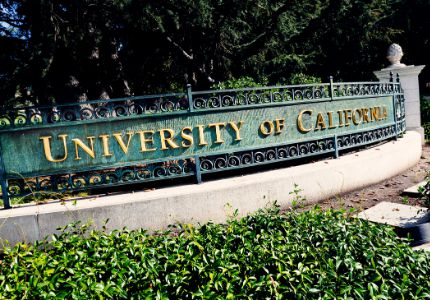
Non-Local Entities
Required organics recycling rules for non-local entities like state agencies, county fairgrounds, public universities, state parks’ facilities, prisons, federal facilities, and special districts.

Elected Officials
Organic waste reduction rules’ varying impact on local governments.
Related Resources
- Reducing Short-Lived Climate Pollutants in California – California Air Resources Board
- General Plan Guidelines Update, Completed August 2, 2017 – California Governor’s Office of Planning and Research (OPR)
- The California Governor’s Office of Planning and Research (OPR) completed the first comprehensive update to the General Plan Guidelines (GPG) since 2003. One of the major changes includes an expanded section addressing the need for additional recycling, anaerobic digestion, composting, and remanufacturing facilities in the land use element.
For more information contact: Short-Lived Climate Pollutants (SLCP), Organic Waste Methane Emissions Reductions, SLCP.organics@calrecycle.ca.gov

